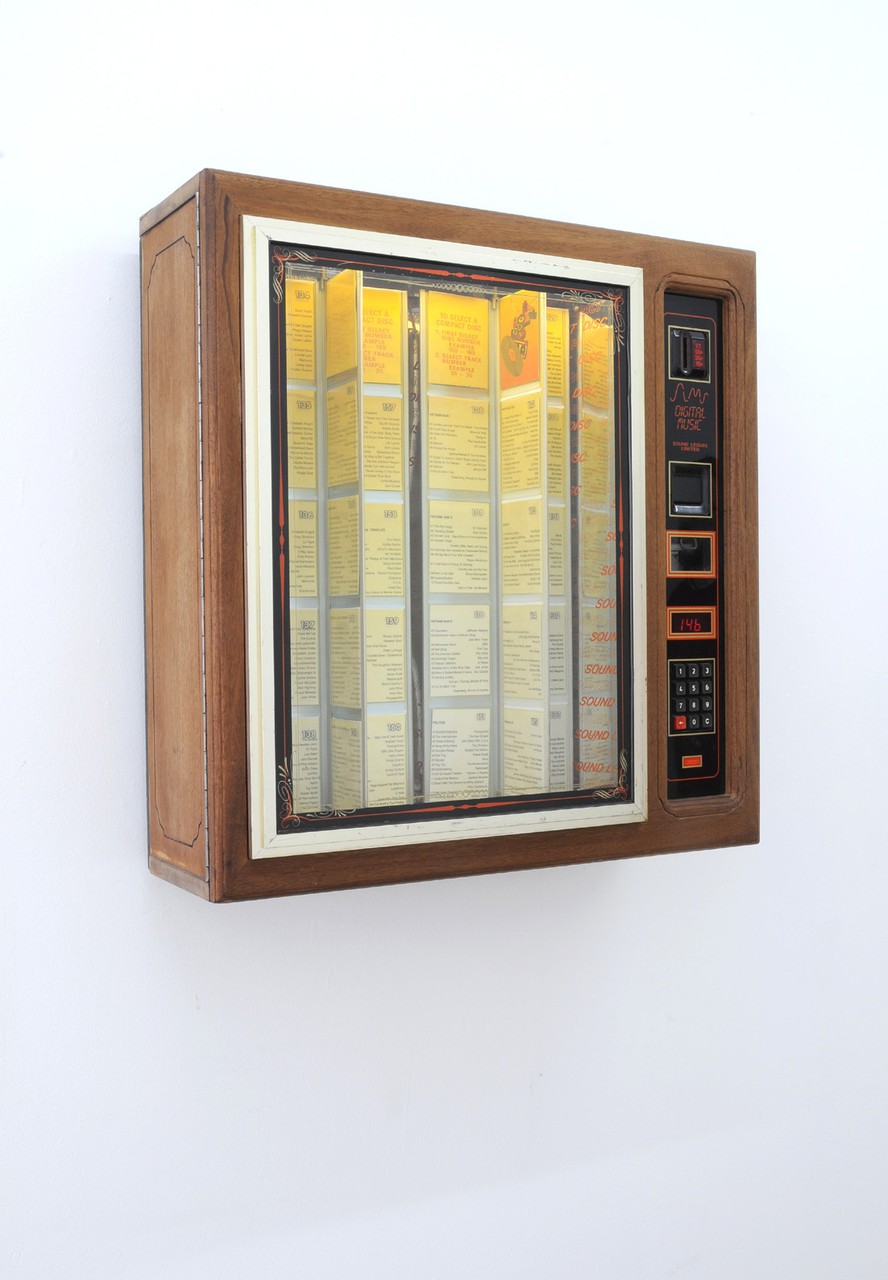Ruth Ewan
The Ephemeral Past
30 Jun - 16 Oct 2011
RUTH EWAN
The Ephemeral Past
30 June - 16 October 2011
Exhibition Session: Song as a Force of Social Transformation
When a song proclaims a message there is reason for music
in addition to its being music. Arnold Perris, 'Music as Propaganda', 1984
Ruth Ewan (Aberdeen, Scotland, 1980) explores recent and distant instances of cultural activism. Tracing how ideas circulate through non-official channels as oral tradition, songs and myths; by studying how a movement, event or cultural product from the past can produce reactions in the present; and how these reactions can be controlled, transferred or adjusted to produce new meanings and interpretations.
Working with people such as historians, activists, school children, musicians and composers, Ruth Ewan organises and creates diverse project-based works in the form of drawings, events, printed matter and installations. The works are conceptually led but socially realised, referencing both recent and distant progressive histories. Ewan is interested in viewing history not as a remote past but as alive, connected to the present, and loaded with ideas for a possible future.
In addition to a new piece of work, The Ephemeral Past brings together documentation of five past projects, seen together for the first time, which explore lyricism as social commentary, how people have used creative processes such as songwriting and poetry to express their desire for a fairer society in an attempt to reform and reshape the world we live in.
A Jukebox of People Trying to Change the World is an archive of music that Ewan began in 2003 after noticing the lack of songs with a leftist ideological slant in popular culture and in which she has included protest songs. For this show the archive has been extended to include songs in Spanish that the public can play when visiting the exhibition.
Fang Sang is inspired by the life of an independent musician, poet and writer. Did You Kiss the Foot that Kicked You? is a project in which more than a hundred buskers took part to produce a coordinated, but improvised, performance piece over a period of a week in the streets and public spaces of London.
Unrecorded Future Tell Us What Broods There brings together a series of printed texts originally conceived to be read aloud by a town crier with proclamations based on a book by anti-eugenics activist Gustav Spiller. The video The Cutty Wren is a version of the song of the same name that apparently goes back to the English Peasants' Revolt of 1381.
In addition the exhibition includes the project Six Signals, created especially for the Centro Andaluz de Arte Contemporáneo by the artist.
The Ephemeral Past
30 June - 16 October 2011
Exhibition Session: Song as a Force of Social Transformation
When a song proclaims a message there is reason for music
in addition to its being music. Arnold Perris, 'Music as Propaganda', 1984
Ruth Ewan (Aberdeen, Scotland, 1980) explores recent and distant instances of cultural activism. Tracing how ideas circulate through non-official channels as oral tradition, songs and myths; by studying how a movement, event or cultural product from the past can produce reactions in the present; and how these reactions can be controlled, transferred or adjusted to produce new meanings and interpretations.
Working with people such as historians, activists, school children, musicians and composers, Ruth Ewan organises and creates diverse project-based works in the form of drawings, events, printed matter and installations. The works are conceptually led but socially realised, referencing both recent and distant progressive histories. Ewan is interested in viewing history not as a remote past but as alive, connected to the present, and loaded with ideas for a possible future.
In addition to a new piece of work, The Ephemeral Past brings together documentation of five past projects, seen together for the first time, which explore lyricism as social commentary, how people have used creative processes such as songwriting and poetry to express their desire for a fairer society in an attempt to reform and reshape the world we live in.
A Jukebox of People Trying to Change the World is an archive of music that Ewan began in 2003 after noticing the lack of songs with a leftist ideological slant in popular culture and in which she has included protest songs. For this show the archive has been extended to include songs in Spanish that the public can play when visiting the exhibition.
Fang Sang is inspired by the life of an independent musician, poet and writer. Did You Kiss the Foot that Kicked You? is a project in which more than a hundred buskers took part to produce a coordinated, but improvised, performance piece over a period of a week in the streets and public spaces of London.
Unrecorded Future Tell Us What Broods There brings together a series of printed texts originally conceived to be read aloud by a town crier with proclamations based on a book by anti-eugenics activist Gustav Spiller. The video The Cutty Wren is a version of the song of the same name that apparently goes back to the English Peasants' Revolt of 1381.
In addition the exhibition includes the project Six Signals, created especially for the Centro Andaluz de Arte Contemporáneo by the artist.

